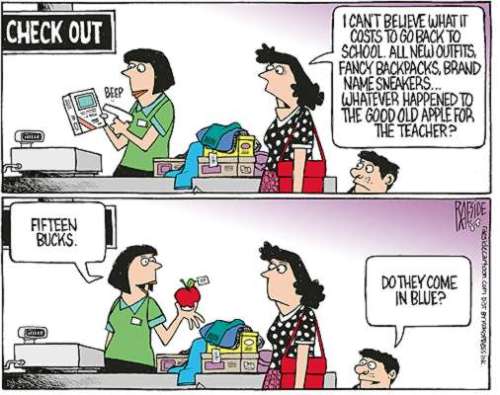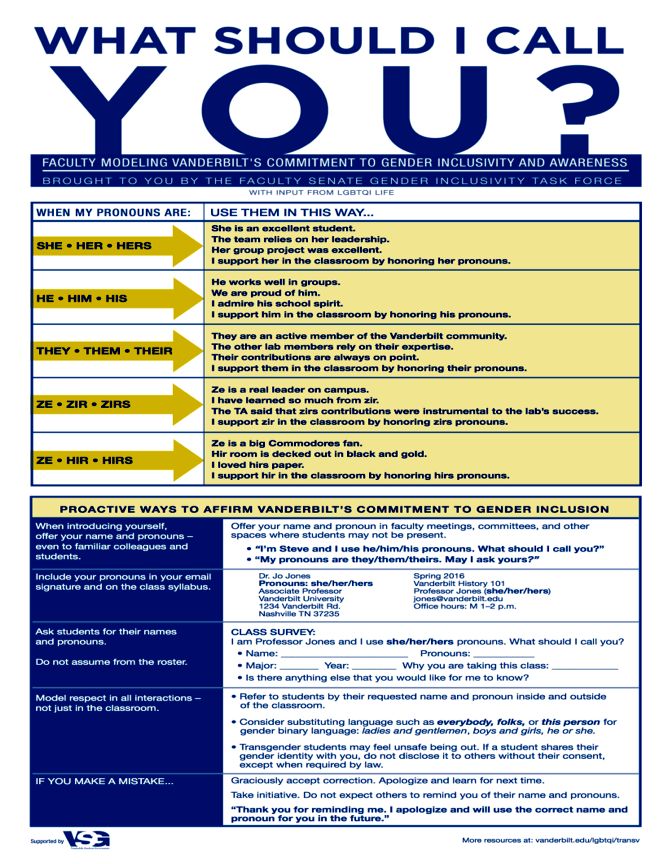Hollywood Insiders Battle Over Charter Schools
It's industry creatives vs. Reed Hastings as California bills restricting new options are up for vote: "The people backing charters [are] really problematic."
 When LAUSD board member and charter school advocate Ref Rodriguez pleaded guilty in July 2018 to a felony count of conspiracy, it seemed that Los Angeles' charter school movement had hit a critical low. Rodriguez's unraveling over campaign finance violations tipped the balance of power on the seven-member board that oversees the nation's second-largest school district, weakening its charter school block.
When LAUSD board member and charter school advocate Ref Rodriguez pleaded guilty in July 2018 to a felony count of conspiracy, it seemed that Los Angeles' charter school movement had hit a critical low. Rodriguez's unraveling over campaign finance violations tipped the balance of power on the seven-member board that oversees the nation's second-largest school district, weakening its charter school block.
Tensions between proponents of public schools and of charter schools — which are started by parents, teachers or community groups and receive government funding but operate independently of state school systems — were already high. The January teachers' strike won concessions for LAUSD public schools ranging from smaller class sizes to hiring full-time nurses but was marked by heated anti-charter rhetoric. Critics of charters say they continue to drain
much-needed resources from public schools. "If LAUSD were properly funded, then I think the choice that a charter school gives would be a nice one," says writer Audrey Wauchope (Crazy Ex-Girlfriend). "Unfortunately, it often seems that going charter is now just another way for parents to leave behind their neighborhood school."
much-needed resources from public schools. "If LAUSD were properly funded, then I think the choice that a charter school gives would be a nice one," says writer Audrey Wauchope (Crazy Ex-Girlfriend). "Unfortunately, it often seems that going charter is now just another way for parents to leave behind their neighborhood school."
Public-school proponents contend that charters operate without sufficient oversight (proof of which came in May when California authorities arrested two men for allegedly stealing more than $50 million in state funds via a network of online charter schools). For their part, charter school CONTINUE READING: Hollywood Insiders Battle Over Charter Schools | Hollywood Reporter

































